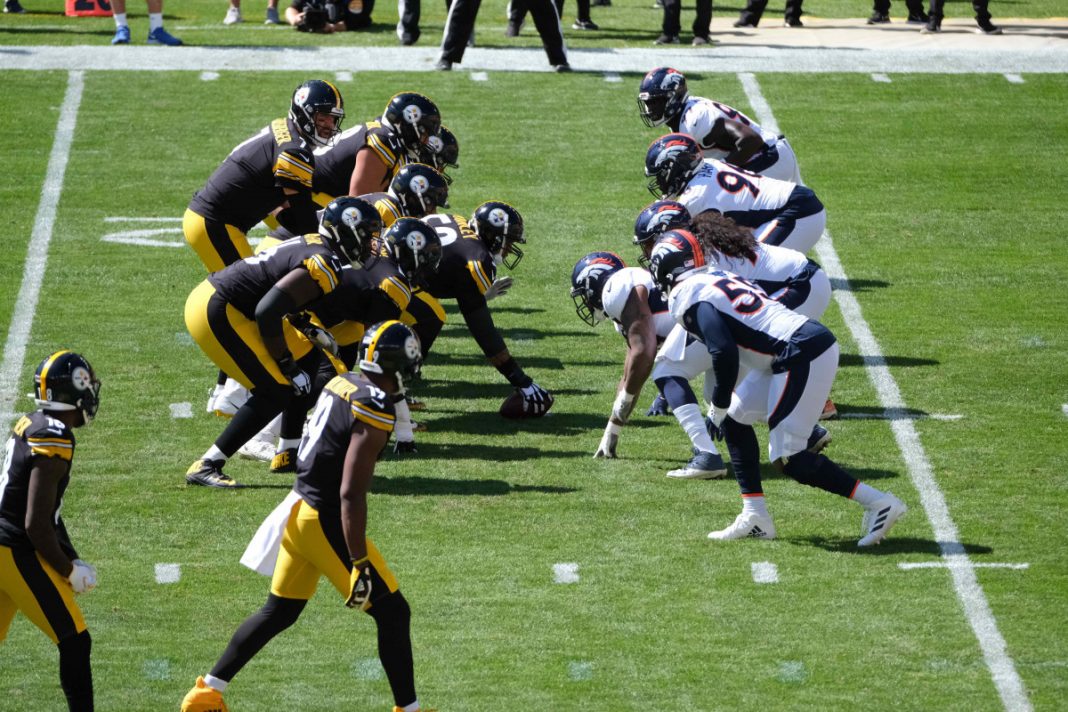Nathan Rothschild, co-founder and partner of GTG Network, writes for SBC Americas about how the legalization of sports betting in the US has gone hand in hand with a ‘statistics revolution’.
When it comes to sports statistics, the US is the absolute motherlode. No other country so reveres the statistics thrown up by its sports as the US and in no other country are the stats so much a part of how the sports are consumed.
Indeed, I would say that the reason why regulated sports-betting was such a necessary development in the US is because of the extent to which the narrative of US sports is so beholden to the stats that it almost begs for analysis driven by odds and probabilities.
When sports fans in the US talk about their favourite teams or players, they almost certainly will be relying on what the stats say, whether that is yardage gained, metres thrown or individual prop lines.
To truly follow US sports you simply have to understand what the stats mean. From a distance, I can say that what has always attracted me about US sports is the intricacies of the games. It is the statistics which kept me coming back, that engrossed me.
Yet, what I have noticed ever since we launched the GTG Network data platform back in 2016 is that the interest in sports statistics is now a global phenomenon. While the US is the home of sports statistics, the interest in looking at sports from a data perspective has taken hold in other sports around the world.
Compared to how the game was viewed previously, the way that fans now consume soccer is very different. Much as with US sports, I would contend that statistics have entered the conversation with soccer and other sports such as rugby.
I would go far as to say we are in the midst of a statistics revolution. Never before has the consumption of sports been so central to people’s lives and going hand-in-hand with that is a far greater understanding of the statistics surrounding the games. This is great news for the sportsbooks. An understanding of the statistics that lay behind any given sport, that underpin the action, means punters have far more knowledge with which to back up their hunches.
An appreciation of the statistics of sports keeps you involved and gets punters coming back for more. The stats don’t stop – unless counted out by a global pandemic, of course – and they give a much wider audience an appreciation of the nuances of each sport. This is fertile ground for the sportsbooks and it is no surprise that they have seized on an appreciation of statistics as a route to finding their potential audience.
Of course, my company clearly has a dog in this fight. Because it’s not just the data that is important. It’s the insights; what we do is analyse the data – automatically generating and sorting 20,000 facts per event – to provide actionable insight. We sift for the most interesting data according to our knowledge both of data and sports-betting. We know what bettors want to put their money on and we know the kind of supporting stats required to present the most compelling product.
We have built a product which is all about statistics. We bring together literally trillions of data points for each game and offer consumers interesting nuggets of information on which they may wish to base a bet. We educate and inform users. A more informed user is a win for all elements in the wagering ecosystem.
It provides that extra element of engagement and we are super pleased that Penn National chose us as a part of the Barstool Sportsbook experience at launch. We feel that we are taking our product to the home of sports statistics.
It’s not just that we have the best content, but this is a fully customised solution. We do all the work so there’s no burden on an operator’s product roadmap, and to coin a phrase we back ourselves to deliver a product which sports-betting fans will love.
I truly believe that we are just at the beginning of understanding how important the data will be to fans of sport in the future and to the way they bet. Working the data properly will be just as important to the sportsbooks as it is to the coaches. Indeed, I firmly believe it will be difficult to separate the two.














